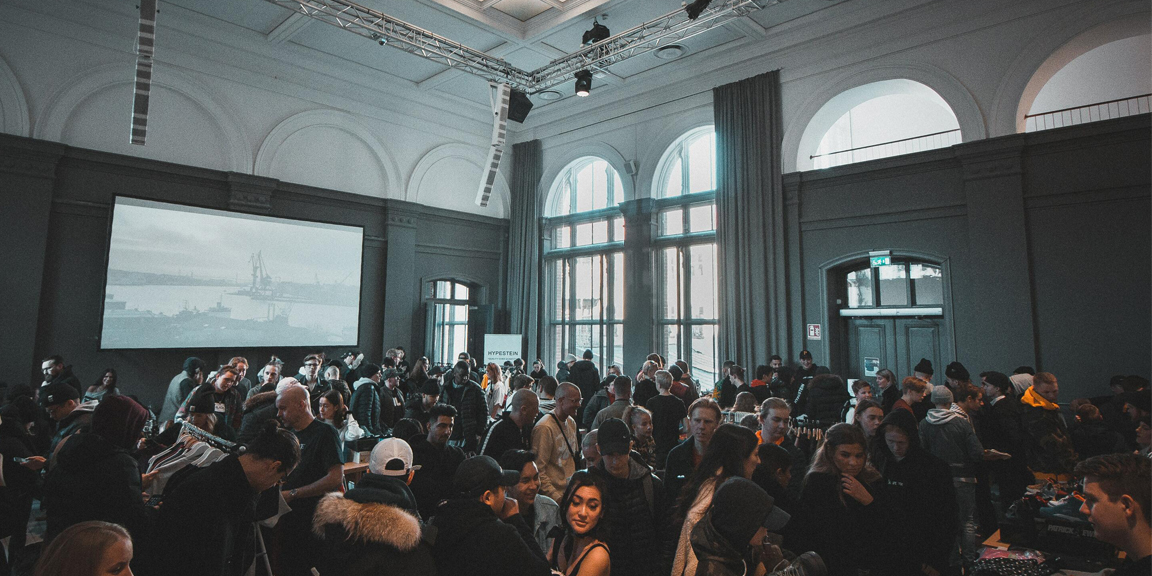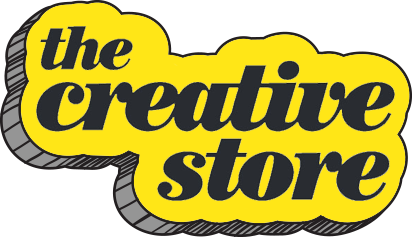How To Survive Creative Networking Opportunities
Now that the majority of the world is allowed out and about again, you’ll probably start to see more and more creative networking events crop up. Perhaps you’ll even be invited to a few! Yay!
If you’re a creative practitioner, you’ll need to put yourself ‘out there’ if you have any hopes of making a living from your talents.
If you’re really good at making macramé stop-motion penguins, and you’d like to monetise that hustle, but you haven’t told anyone … well, if a tree falls in the forest and no-one is around to hear it, did it actually make a sound?
Here’s how to nail a networking event without wanting to commit a cocktail-related crime.
Before you go
Spend time on your website
Look, you gotta have a website. There’s just no avoiding it – it’s the best way to showcase your work, and it means you’ll have some kind of web presence. I really recommend making sure it’s up to date before you go networking.
It should be laid out simply enough so that if another creative only remembers your first name and your job, they can Google those words and find the site.
Most creative industries have a strong visual element, so for the portfolio (which should be on the homepage), focus on eye-catching images with only brief descriptions. Save the words for the ‘About You’ section.
If you can’t afford it, there are alternatives to forking out for a Squarespace subscription – like using Medium if you’re a writer, as well as Twitter, LinkedIn and even Instagram.
You’ll know which one is right for you by looking at what others in your industry use most.
No matter what platform you choose, make sure your contact information is clearly visible!
Practice introducing yourself and your creative practice
Networking events tend to be a bit like speed-dating, so making sure you’ve got your introduction down to a few lines is essential. Nobody likes having their ears talked off (you included!).
Think about what people are most interested in at these events: who you are, what you do, and why they should care.
Here’s an example: ‘Hi, my name’s Joe Bloggs, I made a film with macramé stop-motion penguins, which I’d love you to consider for the Antarctic Film Festival’. Hand over business card. Take a sip of champagne. Done.
If you’re nervous, practice with some friends before you go.
Let them be as brutal as possible to prepare you for the worst, and then feel relieved when it’s (probably) not that bad. Remember: people are there to meet new collaborators and discover interesting projects to invest in. It’ll be okay.
Wear good deodorant
I know this sounds silly, but hear me out – you will SWEAT at a networking event.
With all those bodies in one room, huddling close together to schmooze like they’ve never schmoozed before, nobody wants to smell like a salami truck accident on a 40-degree day. And nobody wants to experience that smell either.
Get the good deodorant – none of that aluminium-free stuff. I know it’s better for the environment and your skin, but when it comes to these situations it’s just not up to scratch.
Bring a friend
If plus-ones are allowed, bring a wingperson! This gives you an extra buffer, especially if you’re an introverted mess like me.
Ideally this would be someone who loves you and loves your work, and can talk you up in a genuine way. But don’t make them do all the work – you’ll need to take responsibility at some point.
If nothing else, they’ll be excellent to vent to if you have any particularly overwhelming experiences.
On the night

Use your business card (or better yet, a QR code)
Business cards are great, but they can be expensive to print and usually end up lost at the bottom of a bag.
If you’re going to do one, make it simple (black and white is cheaper than colour), and only hand it out when the person seems interested in your work.
Thanks to COVID, we’re all more than familiar with QR codes and how they work. So why not make up a personal QR code?
It’s simple to do, and by printing it on one card that you re-use, it can save you a lot of printing costs.
Get a QR code online, print it on a business card, and simply hold it up for people at the event to scan with their phones. Ideally, this will take them to your website so they can bookmark it for later. Kind of genius, right?
Listen, smile, and remember names
Okay, you’ve done a great job introducing yourself – but it’s not all about you. You’ve gotta take note of who else is in the room.
It can be all too easy to feel cornered at these things, and that can lead to panic and complete brain fog. Try repeating people’s names back to them right after hearing them (but not in an Exorcist voice) – it’s a simple but often overlooked tip.
Log their face in your mind. And most importantly: get their contact information and social handles.
This isn’t just important for making connections with the bigwigs, but it’s essential when other people are trying to get you invested in their work, too.
I know most of us feel like big imposters at these events but trust me – there’ll be someone there who looks up to you and the kind of thing you do.
After the party
Follow up
Before it all becomes a blur, make an effort note down names, project titles, websites etc. on your phone or in your notebook. Then, when you’re ready, reach out to any interested parties.
Building rapport is probably the most vital step in this whole process. When you write the email, make it polite and personal, and remind them who you are and why they should care. Asking them questions about themselves also gains you brownie points.
Example: ‘Hi Sally! My name is Joe Bloggs, we met at the City Networking Event last night. How are you? Just emailing to remind you of my project and send you a link to my website …’
And you’re done! …You can relax and take a well-earned break now. That is, until you need to do it all again in a month’s time. The grind never stops, baby!
Source: thebigidea.nz
